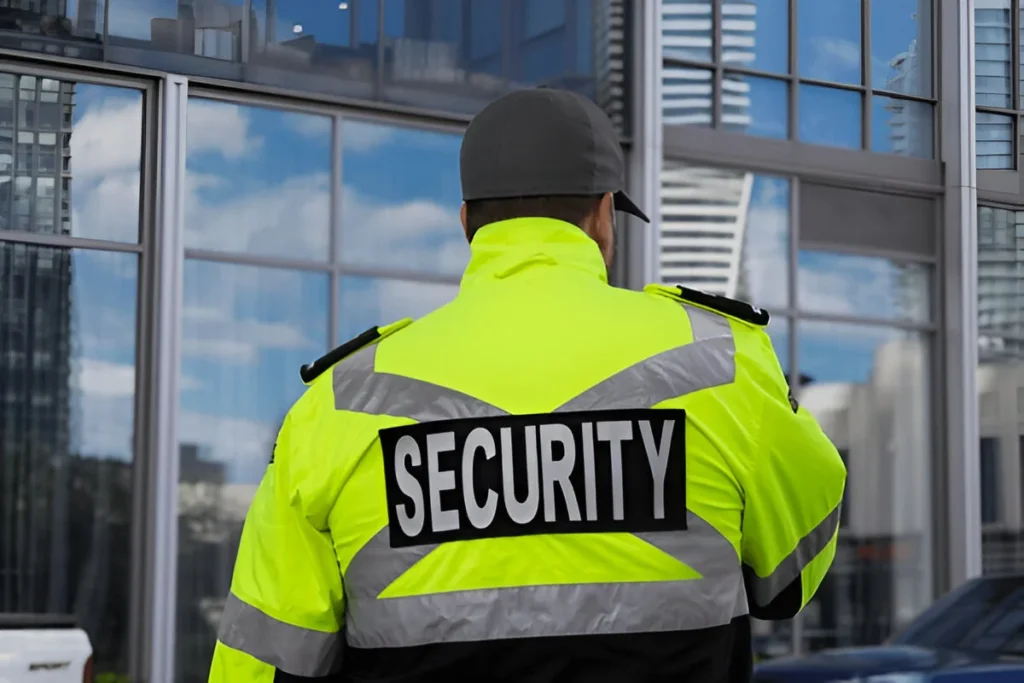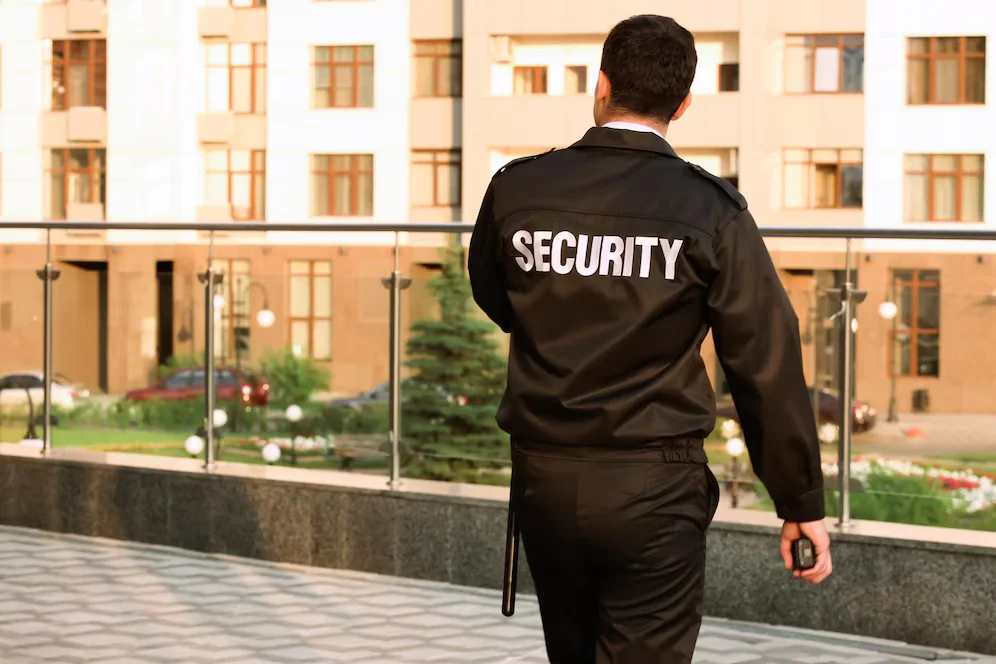-
Motilal Colony , Dumdum, Kolkata 700079
Importance of Residential Security in Urban Areas
Home | Blogs | Importance of Residential Security in Urban Areas

By Royals
May 1, 2025
Importance of Residential Security in Urban Areas
Residential Security in cities is more than just a buzzword—it’s a vital part of everyday safety. Learn how it works and why it matters, with insights from a reputable security company.
Urban living offers numerous advantages—proximity to amenities, diverse communities, and vibrant lifestyles. However, these benefits come with unique security challenges. High population density, anonymity among residents, and increased opportunities for crime necessitate robust Residential Security measures.
Table of Contents
In this article, we delve into the significance of residential security in urban settings, exploring its components, benefits, and the role of professional security services in enhancing safety.

Why Residential Security Is Crucial in Urban Areas?
High Population Density
- Urban areas often have a high concentration of residents, making it easier for unauthorized individuals to blend in unnoticed.
- The sheer number of people increases the risk of crimes such as theft, vandalism, and unauthorized access.
Increased Crime Rates
- Cities tend to have higher crime rates compared to rural areas, including burglaries, assaults, and property crimes.
- The anonymity of urban living can embolden criminals, as the likelihood of being recognized or reported decreases.
Limited Community Vigilance
- In urban settings, residents may not know their neighbors well, reducing the effectiveness of informal surveillance.
- This lack of familiarity can delay the detection of suspicious activities or individuals.
Diverse Socioeconomic Factors
- Urban areas often encompass a wide range of socioeconomic backgrounds, which can lead to disparities in security measures and perceptions of safety.
- Ensuring equitable security across diverse communities is a complex but necessary endeavor.
Key Components of Effective Residential Security
Physical Security Measures
- Perimeter Fencing: Establishes clear boundaries and deters unauthorized entry.
- Secure Entry Points: Reinforced doors and windows with quality locks prevent easy access.
- Surveillance Systems: CCTV cameras monitor activities and provide evidence in case of incidents.
Technological Solutions
- Access Control Systems: Keycards, biometric scanners, or PIN codes regulate who can enter the premises.
- Alarm Systems: Detect unauthorized entry and alert residents or authorities promptly.
- Smart Home Integration: Allows residents to monitor and control security systems remotely via smartphones.
Human Elements
- Security Personnel: Trained guards provide a physical presence, deter potential criminals, and respond to incidents.
- Community Watch Programs: Encourage residents to collaborate in monitoring and reporting suspicious activities.
Environmental Design
- Lighting: Well-lit areas deter criminal activities and increase visibility.
- Landscaping: Strategic placement of plants and structures can eliminate hiding spots and improve sightlines.
- Signage: Clear signs indicating surveillance or security measures can discourage potential offenders.
Benefits of Implementing Residential Security
- Crime Deterrence: Visible security measures discourage criminal activities.
- Enhanced Resident Confidence: Knowing that security measures are in place increases residents’ sense of safety.
- Property Value Preservation: Secure neighborhoods are more attractive to potential buyers or renters.
- Community Cohesion: Collaborative security efforts can strengthen community bonds.

Frequently Asked Questions (FAQs)
Q1: What is the role of security personnel in residential areas?
- Security personnel monitor entry points, patrol the premises, respond to incidents, and liaise with law enforcement when necessary.
Q2: How do access control systems enhance residential security?
- They restrict entry to authorized individuals, reducing the risk of unauthorized access and potential crimes.
Q3: Are surveillance cameras effective in preventing crime?
- While they may not prevent all crimes, surveillance cameras act as a deterrent and provide valuable evidence for investigations.
Q4: How can residents contribute to neighborhood security?
- By participating in community watch programs, reporting suspicious activities, and maintaining open communication with neighbors and security personnel.
Q5: What factors should be considered when choosing a security system?
- Consider the specific needs of the residence, such as size, location, and potential risks, as well as the reliability and scalability of the security system.
Creating Safer Urban Living Through Residential Security
In the dynamic landscape of urban living, Residential Security stands as a cornerstone of community well-being. Implementing comprehensive security measures—encompassing physical infrastructure, technological solutions, human oversight, and thoughtful environmental design—can significantly enhance safety and quality of life for residents.
Engaging with experienced security professionals ensures that security solutions are tailored to the unique challenges of urban environments, fostering secure and thriving communities.



